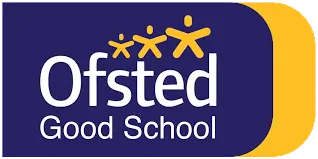Year 2 – Autumn 2
English
 |
|
Maths
 |
Multiplication and Division – 2, 5 and 10
Time/Temperature
Length
Picture Graphs
|
Science
 |
Uses of Everyday Materials
|
Computing
 |
Basic Skills
|
PE
 |
Multi Skills
|
PSCHE
 |
Keeping Myself Safe
|
History
 |
The Great Fire of London
|
Geography
 |
Art and Design
 |
|
RE
 |
Christmas Around the World
|
Music
 |
London’s Burning
|

